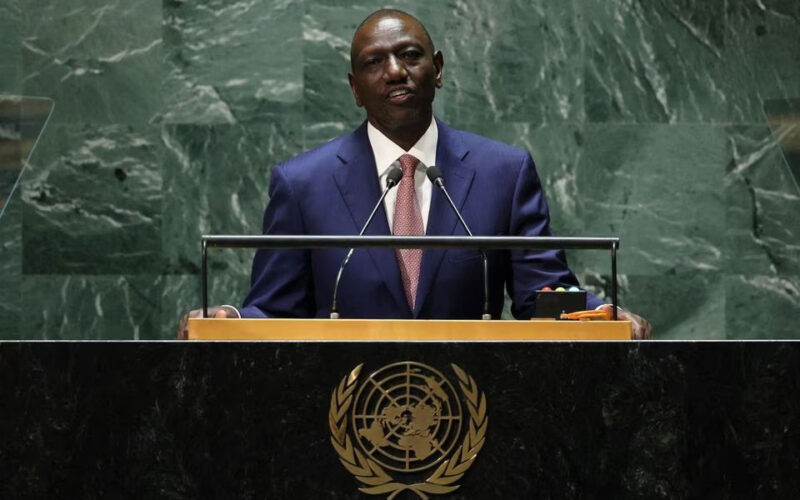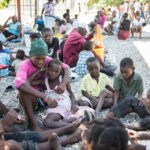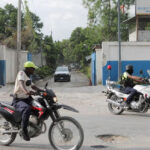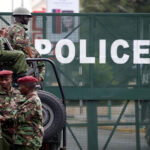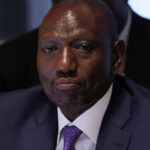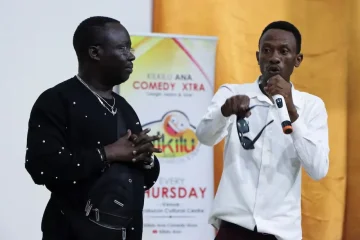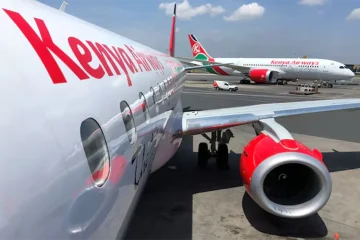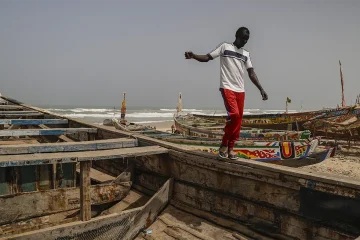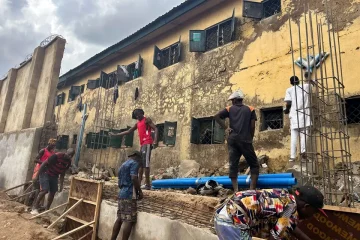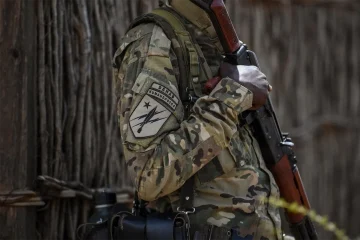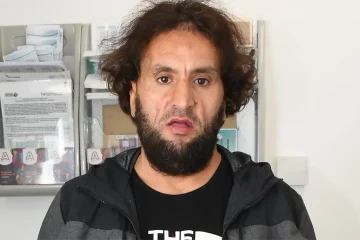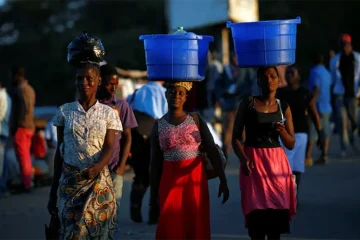KENYAN President William Ruto urged the United Nations Security Council to formally back a security support mission to Haiti, which Kenya has shown a willingness to lead, saying the Caribbean country “deserves better from the world.”
The council could vote as soon as next week, diplomats said, on a U.S.-drafted resolution supporting a multinational police deployment. Haiti last year asked for help to combat violent gangs that have largely overrun the capital Port-au-Prince.
“Kenya is ready to play its part in full, and join with a coalition of other nations of goodwill – and there are many – as a great friend and true sibling of Haiti,” Ruto told the annual gathering of world leaders at the U.N. General Assembly.
He told the 193-member body that doing nothing for Haiti was not an option.
“As we mobilize to show up for Ukraine, and countries that have experienced the devastating impact of climate shocks including Libya, Morocco and Hawaii, we must not leave Haiti behind,” Ruto said.
U.N. Secretary-General Antonio Guterres said in a report to the council last month that a “robust use of force” by a multinational police deployment and the use of military assets was needed to restore law and order in Haiti and disarm gangs.
Kenya said in July it was ready to consider leading such a force and pledged to send 1,000 police officers. The Bahamas has since committed 150 people if the U.N. authorizes the force.
Guterres said Jamaica had pledged to contribute and that Antigua and Barbuda said it would also consider contributing. He urged member states, particularly in the Americas, “to continue to build on this new momentum.”
Countries have been wary of supporting the unelected administration of Prime Minister Ariel Henry, who has said fair elections cannot be held with the current insecurity. Haiti has been without any elected representatives since January.
A multinational police deployment would not be a U.N. mission.
U.N. peacekeepers were deployed to Haiti in 2004 after a rebellion led to the ouster and exile of then-President Jean-Bertrand Aristide. Peacekeeping troops left in 2017 and were replaced by U.N. police, who left in 2019.
Haitians are wary of an armed U.N. presence. The country was free of cholera until 2010 when U.N. peacekeepers dumped infected sewage into a river. More than 9,000 people died of the disease, and some 800,000 fell ill.

